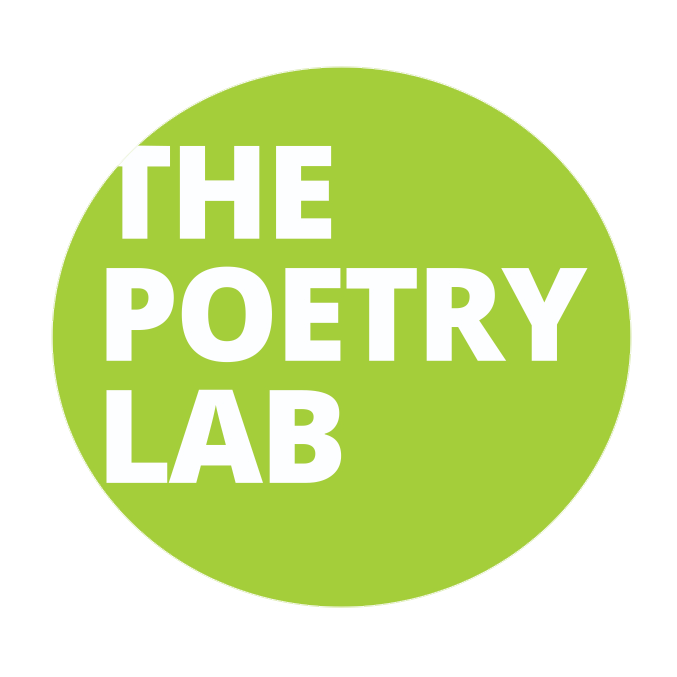Duende
Duende is a a quality of passion and inspiration.
If I had to say who has the most duende I would give it to the drag queens every time. They ooze charisma, the dazzle, the stage, they sell the crowd on the show. Different from showboating egoism, or narcissism, duende is how we poets show our appreciation for the craft. It is how we share with others what the muse has shared with us. Does this mean you have to be anybody but yourself? No. But please let that person sing out with the vision that is uniquely your own. This understanding of your duende helps to hone in on your voice both on and off the page and it is this readiness that in my experience allows us to truly embody the poem.
Example
One of the poets known for duende is Fredrico Garcia Lorca. His view puts the muse and duende more in opposition, as he states in his lecture, “Theory and Play of the Duende.” In a favorite passage of mine he shares,
“Years ago, an eighty year old woman came first in a dance contest in Jerez de la Frontera, against lovely women and girls with liquid waists, merely by raising her arms, throwing back her head, and stamping with her foot on the floor: but in that crowd of Muses and angels with lovely forms and smiles, who could earn the prize but her moribund duende sweeping the earth with its wings made of rusty knives.”
He goes on to say, “All the arts are capable of duende, but where it naturally creates most space, as in music, dance and spoken poetry, the living flesh is needed to interpret them, since they have forms that are born and die, perpetually, and raise their contours above the precise present.” Duende is a living thing that is fully present and immersed within the given moment, the duende is what speaks to the souls of others, even when it is perhaps the muse that first whispered the words. And on this Lorca and I fully agree, as he puts it, “But it’s impossible for it ever to repeat itself, and it’s important to underscore this. The duende never repeats itself, any more than the waves of the sea do in a storm.”
The duende is the respect paid to poem, poet, and audience. Duende respects that there is an interconnection between these entities, that there is a living moment in action. Duende is the energy, the spark, and in many ways the confidence to know that the practice of art is essential to living well and that what you have written is meant to be heard.
Read Lorca’s full lecture on duende here>>
Prompt
This is really more of a practice than a prompt, but I find it to be foundational to sharing poetry aloud, which is, after all, how poetry began. Read your drafts aloud. Read them to yourself, to the cat, to the open window. Connect your breath to the written words and learn to stretch out your voice within them. Try dancing out your poem or reading it to the ocean, match your inner roar to the sound of crashing waves. Some poets will memorize their lines to maximize their ability to share in any and all spaces, beyond both page and stage. Practicing your poem in this way will help you to hone in on natural line breaks and punctuation, but it will also provide you with a little duende and polish for your next reading.
SHARE
Resource written by:



